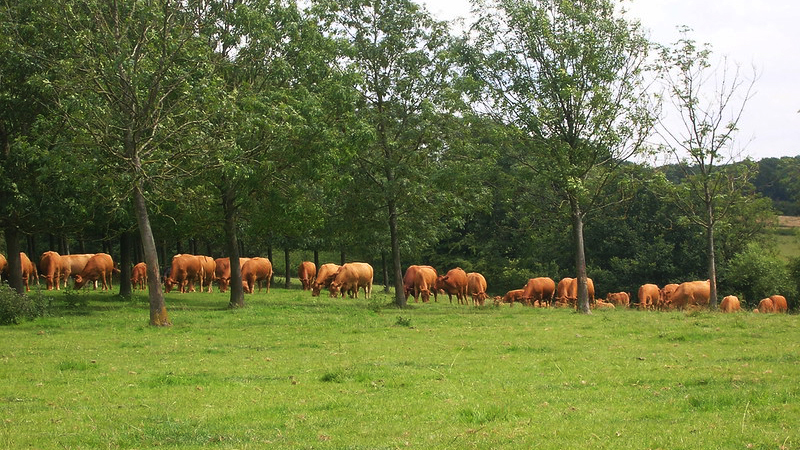The Soil Association, Woodland Trust, Finance Earth, Organic Research Centre and Scottish Rural College (SRUC) have been awarded funding from the Natural Environment Investment Readiness Fund to explore the feasibility of developing a carbon code for Agroforestry.

The team, supported by Scottish Forestry who manage the Woodland Carbon Code, will scope and explore the potential for the carbon captured and stored by trees in agroforestry systems to be quantified and potentially used to support the net zero strategies of farmers, land managers and their partners and funders.
The 12-month project will include research to scope and explore the current opportunities for carbon measurement, and then test the viability of assessment and application with a number of pilot sites in England. The team will also be working to see how to define some of the requirements for these carbon measurements so they can be verified. For example, how much can be counted and how can some of the risks of carbon loss be dealt with? This may lead to a standalone or a linked Agroforestry Carbon Code, depending on the results from the pilots.
“This is an exciting opportunity to add to the already long list of good reasons for integrating trees into farming systems”, says Clive Thomas, Soil Association’s Senior Policy Advisor (Regenerative Forestry). “For instance, the shade and shelter benefits to livestock and some crops are increasingly appreciated, especially as our climate becomes more extreme. Trees in fields and as strips can help with water management on a farm and across water catchments. The right trees can also support biodiversity, make the farming system more diverse and resilient, as well as grow useful products in their own right, such as timber, fruit and nuts”.
The project will be looking to provide more information as the work progresses, as the partner organisations report high levels of interest in the scheme. “We also aim to provide opportunities for specific input from interested partners, beyond the pilot testing with the small number of pilot farms. Watch this space,” says Clive who is acting as project manager for the code development.
Please register your interest by signing up to our agroforestry newsletter, by emailing lgatward@soilassociation.org.
